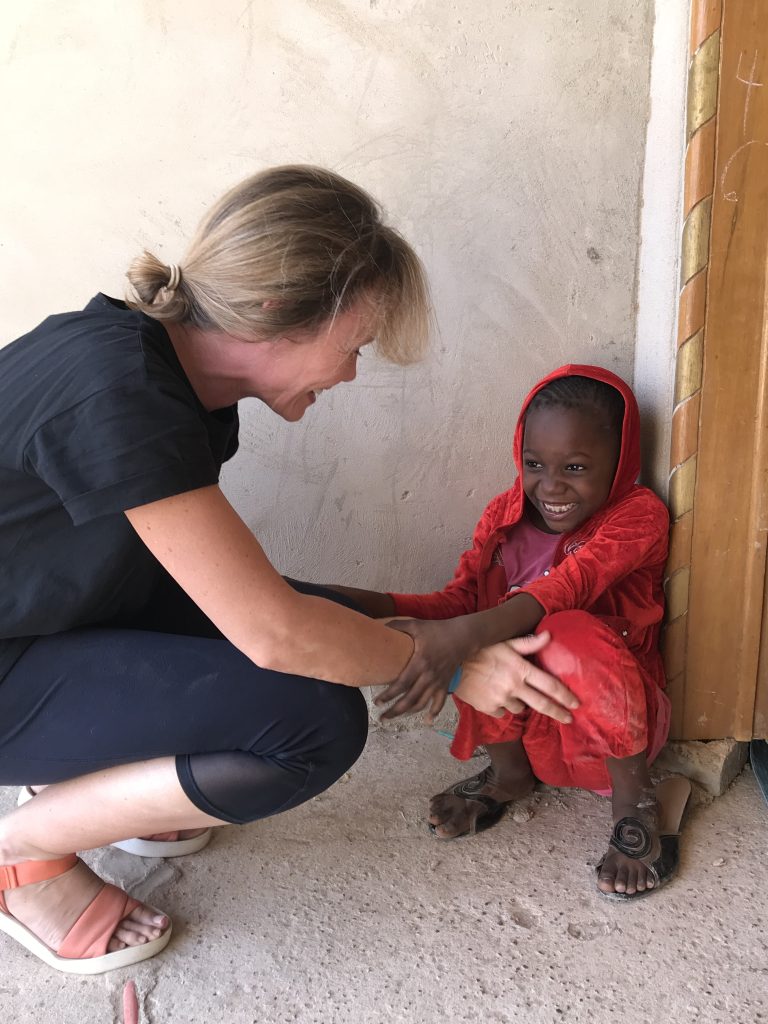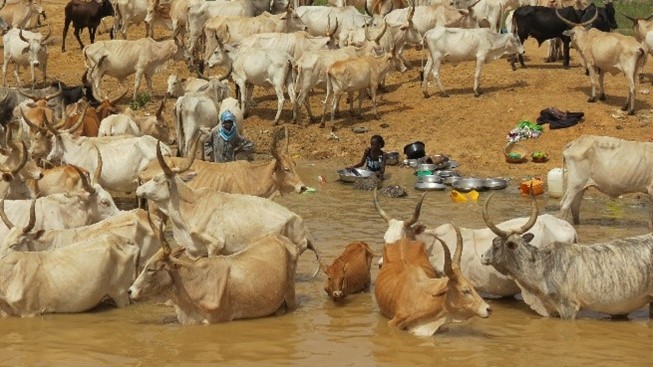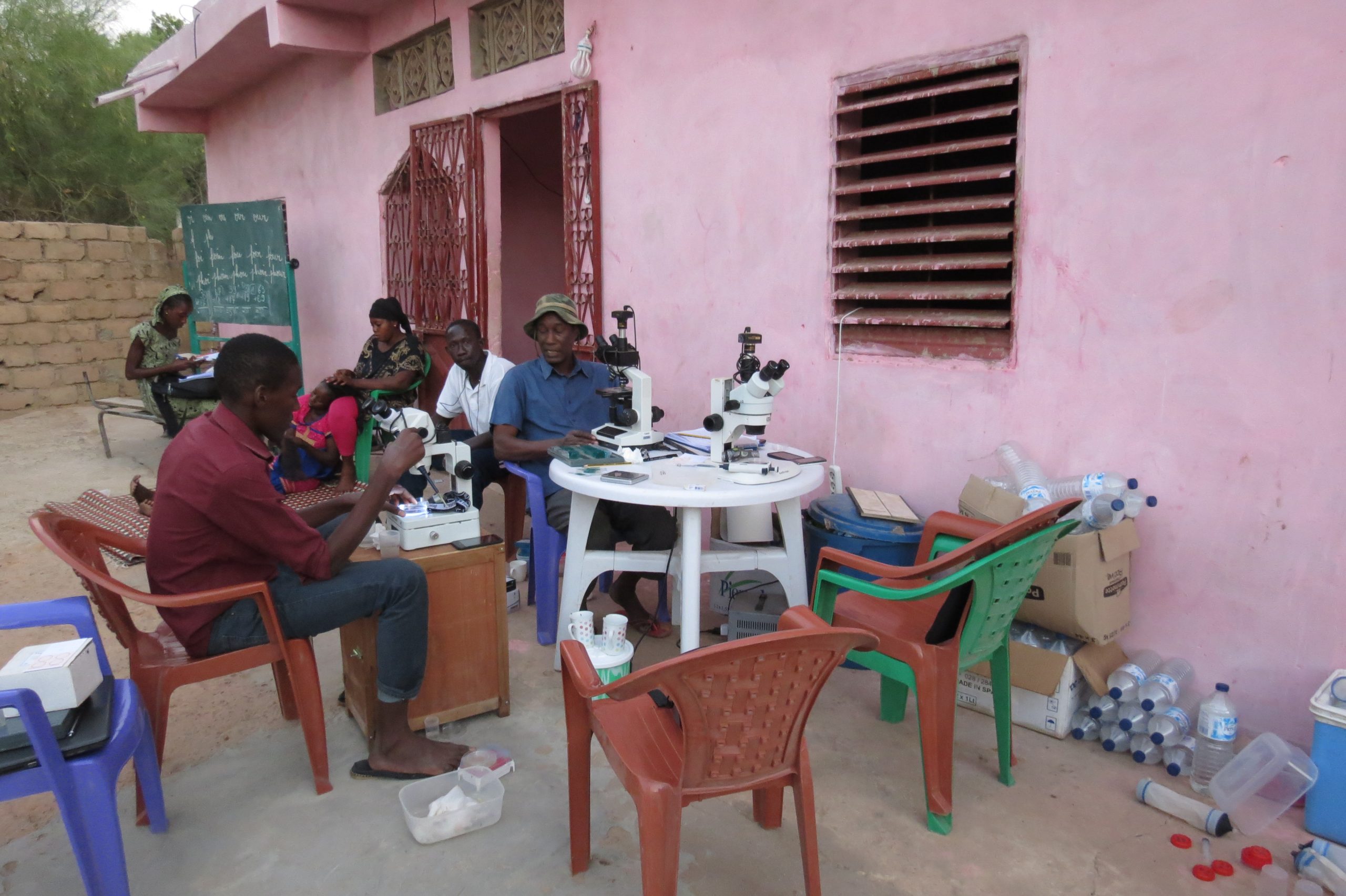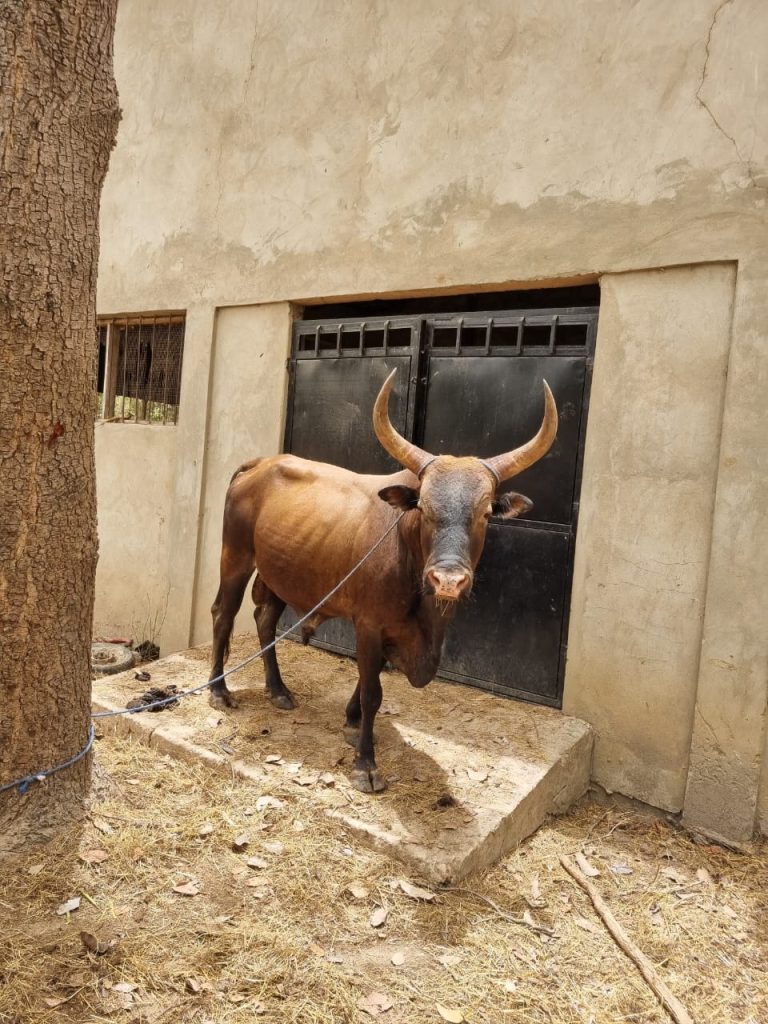Elucidating the transmission dynamics of schistosomiasis to inform sustainable control in Africa
| Lead | Royal Veterinary College (RVC) |
| REF Panel | A – Medicine, health, and life sciences |
| REF UoA | 6 – Agriculture, food, and veterinary sciences |
| Locations | Mali, Niger, Senegal |
| Funders | Bill & Melinda Gates Foundation, Biotechnology and Biological Sciences Research Council (BBSRC), Defence Science and Technology Laboratory (DSTL), Department for International Development (DFID)1, Economic and Social Research Council (ESRC), Medical Research Council (MRC), Natural Environment Research Council (NERC), Research England |
| Funds or grants | Connecting Capability Fund, Global Challenges Research Fund (GCRF), Impact Acceleration Account Extension Award 2017, Zoonoses and emerging livestock systems (ZELS) initiative |
| Partners | In Niger: Réseau International Schistosomiases Environnement Aménagement et Lutte Niger (RISEAL). In Senegal: Université Gaston Berger, Université Cheikh Anta Diop. In UK: Natural History Museum |

“It’s essential to have the money sent before, because some [LMIC] institutions don’t have a reserve. And even if they have some money, it is already allocated for a specific project. So, it’s important to have flexibility on making transfers before getting the invoice, and to acknowledge that sometimes it’s difficult to carry out the activities as planned because challenges can occur during the implementation.” UK-based researcher
Schistosomiasis, a neglected tropical disease caused by parasitic worms called schistosomes, affects over 240 million people and untold billions of their livestock across Low- and Middle-Income Countries (LMICs). It leads to serious health conditions that affect the wellbeing and productivity of humans and animals. RVC collaborated with African partners to uncover the nature of schistosomes and recommend adequate control approaches.
The project’s One Health approach recognised the role of hybridised parasites of humans and livestock in perpetuating transmission of human schistosomiasis. The work also highlighted unmet needs and the misuse of praziquantel, the only effective drug for schistosomiasis, in livestock, and the risk of drug resistance. This work underscores the need for interdisciplinary research and considering animal reservoirs in combating schistosomiasis.
Key Impacts
Improved knowledge of schistosomiasis disease
- Researchers and local community members improved their understanding of schistosomiasis transmission, signs, and treatment. Community workshops and focus group discussions with farmers and veterinary technicians as well as educational resources for children and families facilitated raising awareness on the symptoms and effects of the disease.
Influenced international policy and improving therapeutics
- Research findings influenced the World Health Organisation’s (WHO) new Roadmap for neglected tropical diseases, and guidelines on the Control and elimination of human schistosomiasis and Sanitation and health, which now highlight the role of animals in disease transmission in Africa and Asia.
- Work with pharmaceutical partners contributed to widespread access to animal treatment via proper veterinary-formula drugs and dosage.
Improved LMIC partners’ diagnostics skills and schistosomiasis research capacities
- Improved capacity and expertise of local professionals to diagnose, assess, and monitor morbidity profiles in humans and animals using ultrasonography.
- Contribution towards open access bio-bank schistosomiasis collection composed of snails, worms, and material for molecular analysis that has supported further research on the tropical disease.
Strengthened LMIC research working networks
- Facilitated the expansion of the RISEAL schistosomiasis research community, leading to further joint collaborations in Niger and other African countries.

Underpinning research enablers


Value of a plurality of funding mechanisms
- Taking advantage of small grants: impact accelerator awards provided additional funding that allowed the project to expand in areas such as social surveys, workshops, and engagement with local stakeholders, enhancing researcher’s understanding of links between sociocultural practices and the disease transmission and thus meeting local community needs.
- Branching out research activities to effectively address multiple needs: Dedicated funding for treatment data collection helped refine animal-human transmission understanding and explore different avenues of disease control. Some funding focused on collaborating with pharma industry actors to prevent misuse and enhance livestock treatment access.
Balance contracting requirements with partners’ capacities and on-the-ground realities
- Understanding the local financial landscape: The project ensured easier and efficient transfer of funds by actively exploring alternative routes to overcome administrative challenges (e.g., identifying local banks with UK banks links, mediating with suppliers).
- Meeting the financial realities of collaborating partners and suppliers: Prompt financial support (e.g., per diem fieldwork payments) built strong and long-lasting relationships with partners and suppliers. Advocating flexible funding arrangements (e.g., small amounts of funds sent out in advance) enabled quick implementation of fieldwork activities and helped the researcher team adapt to unforeseen circumstances.
